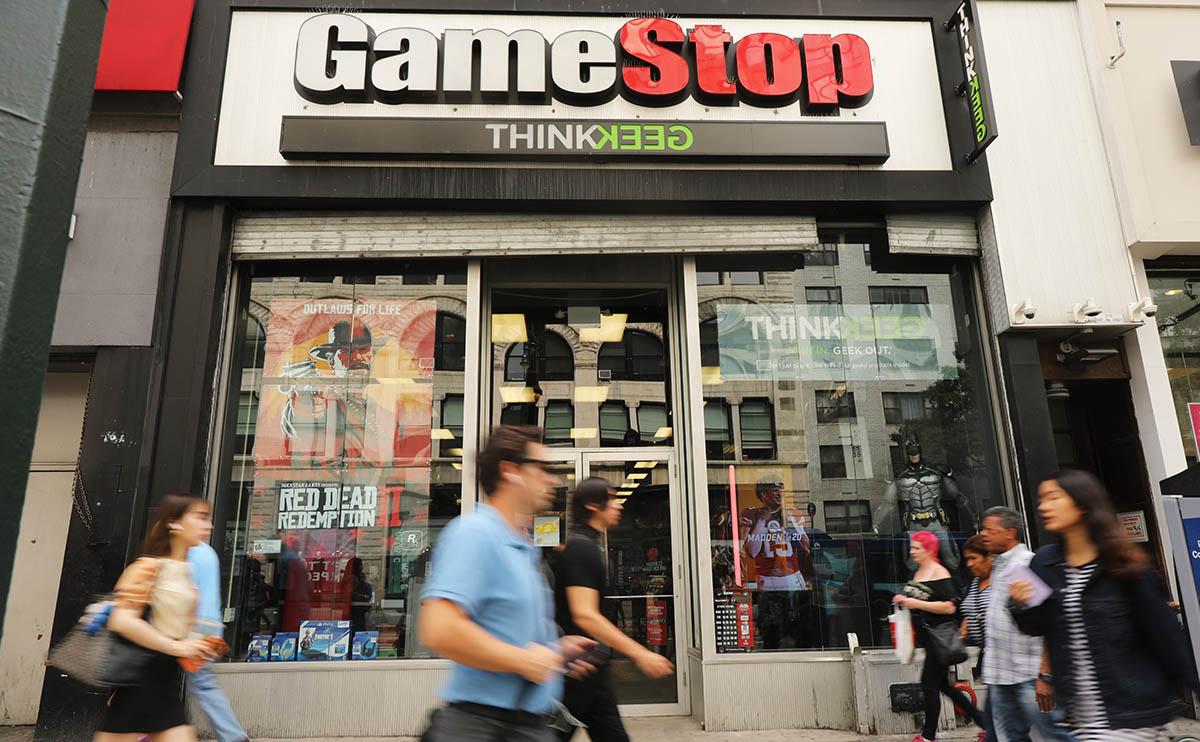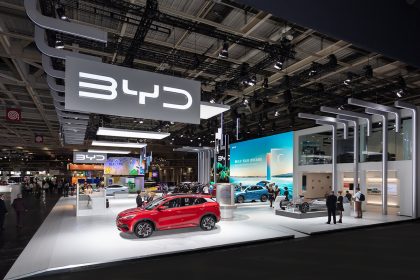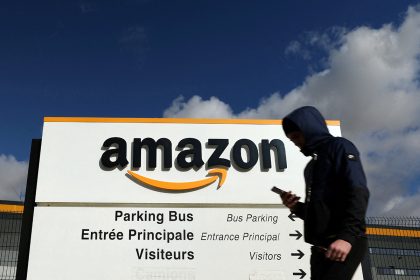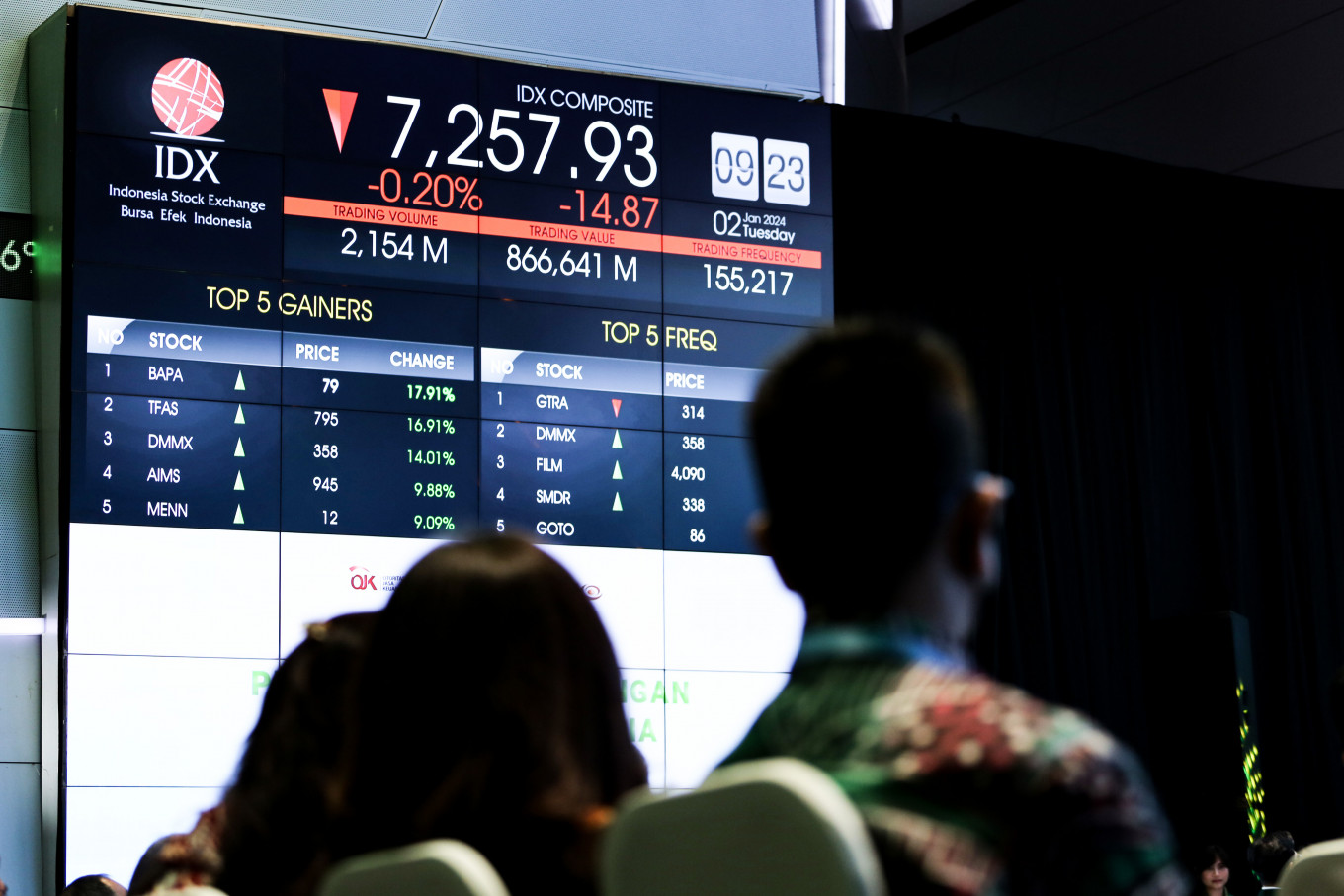[ad_1]
Ken Griffin, the multibillionaire owner of Citadel Securities, stepped in with $2 billion to rescue hedge fund manager Melvin Capital after Melvin’s portfolio lost more than 30% of its value shorting GameStop, the flash mob’s favorite short squeeze stock. GameStop collapsed on Thursday after the popular day-trading app Robin Hood stopped taking orders but bounced back on Friday.
GameStop’s decisive jump occurred on Tuesday after entrepreneur Elon Musk got involved. As Crain’s Chicago Business observed, “GameStop, the stock that seemed to set off the short squeeze, soared 634% in the month through Tuesday. That night Elon Musk tweeted a link to the Reddit thread with the caption ‘Gamestonk!!’ And by mid-Wednesday in New York, the stock more than doubled again.â€
Asia Times’ business editor David Goldman argued Jan. 29 that the resources of small investors weren’t sufficient to explain the massive bloating of market capitalization in GameStop and other “short squeeze†stocks.
By pure coincidence, Kevin Griffin’s Citadel Securities pays Robinhood to clear its trades, which are free to Robinhood customers. As CNBC explained last August:
Robinhood, and the rest of the online brokerage industry, rely on what’s known as payment for order flow as their profit engine in lieu of commissions. The pioneer of “free trading,†Robinhood’s business model hinges on the back end payments, since the other brokers have established other revenue streams and only recently slashed commissions. Thanks to a recent change in SEC rules, these brokers are now required to give more disclosures on how trades are executed, and how much money they bring in for firms.
Payment for order flow is a common practice but it’s often criticized for its lack of transparency. It has become especially vital to companies’ bottom line after commissions went to zero.
Market makers, such as Citadel Securities or Virtu, pay e-brokers like Robinhood for the right to execute customer trades. The broker is then paid a small fee for the shares that are routed, which can add up to millions when customers trade as actively as they have this year.
Why should Ken Griffin pay Robinhood for executing its trades? As Elizabeth Lopatto wrote in The Verge Jan. 27, “Trades on Robinhood are free! But Robinhood isn’t offering free trades to be nice; the company gets paid by some big-time investors such as Citadel Securities to see what retail investors are doing.â€
Citadel sees the order flow in real time. What it does with that information is its own business.
What does all of this have to do with Elon Musk? Nothing at all. By pure coincidence that Griffin’s Citadel Securities owned 4.2% of Tesla’s stock as of last April, when Fox Business News reported, “Tesla welcomes a big investor.â€
“Citadel, in an SEC filing late Friday, that it holds a 4.3 percent passive stake in the electric vehicle maker which amounts to 7,864,059 shares as of April 16. Citadel’s hedge fund owns 116,736 shares of Tesla (0.1%) while market-making business Citadel Securities owns 7,747,323 shares (4.2%),†Fox Business News explained.
Not only Elon Musk, but Social Capital CEO and Silicon Valley billionaire Chamath Palihapitaya weighed in with a long GameStop position, declaring Jan. 26 on Twitter, “I will win.â€
“We have a billionaire vs. billionaire rumble in the jungle,†Zerohedge tweeted.
[ad_2]












